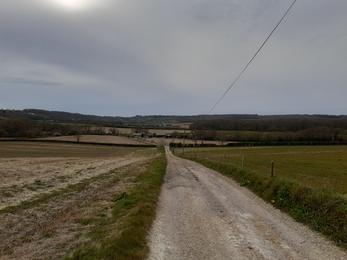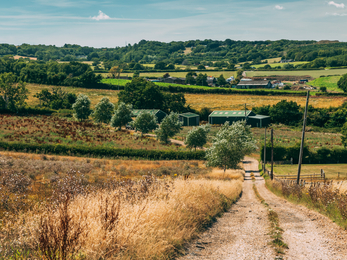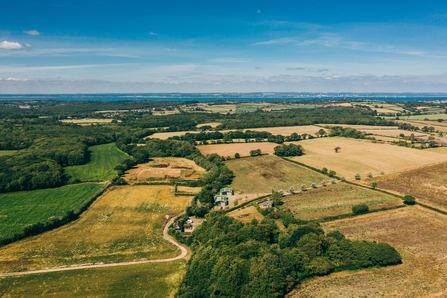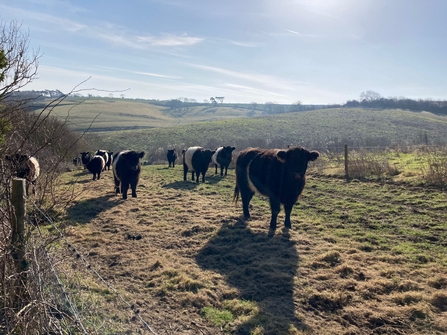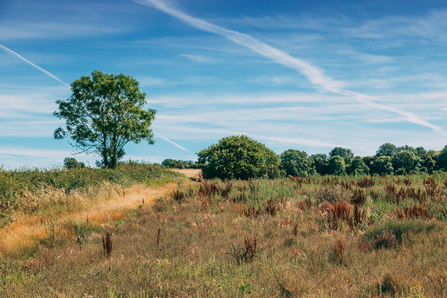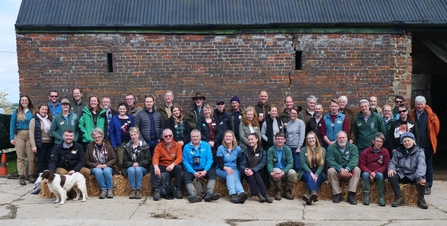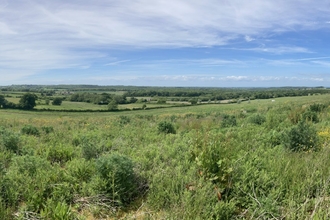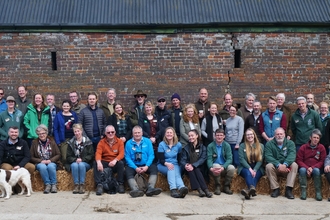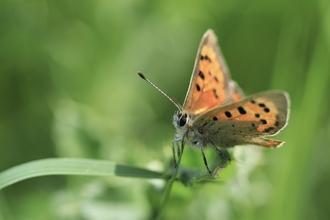Specialists from Hampshire and Isle of Wight Wildlife Trust say the scheme, which saw 40 hectares of former farmland returned to nature, has far exceeded expectations and demonstrates the effectiveness of its rewilding project.
The results are the first in the UK to show such a significant decrease in soil mineral nitrogen at a rewilding project, with a drop of 47% in just under two years at Wilder Little Duxmore.
HIWWT Chief Executive Debbie Tann said: "These are extremely encouraging results that we were just not expecting after such a short amount of time."
"This is a new realm of science for the UK as other rewilding schemes are underway, but we are the first to undertake such rigorous monitoring. These results are very significant for the fight against pollution here on the south coast."
The Trust purchased Little Duxmore in 2020, previously an arable farm that was subject to high levels of fertiliser inputs, growing mainly maize for anaerobic digestion.

